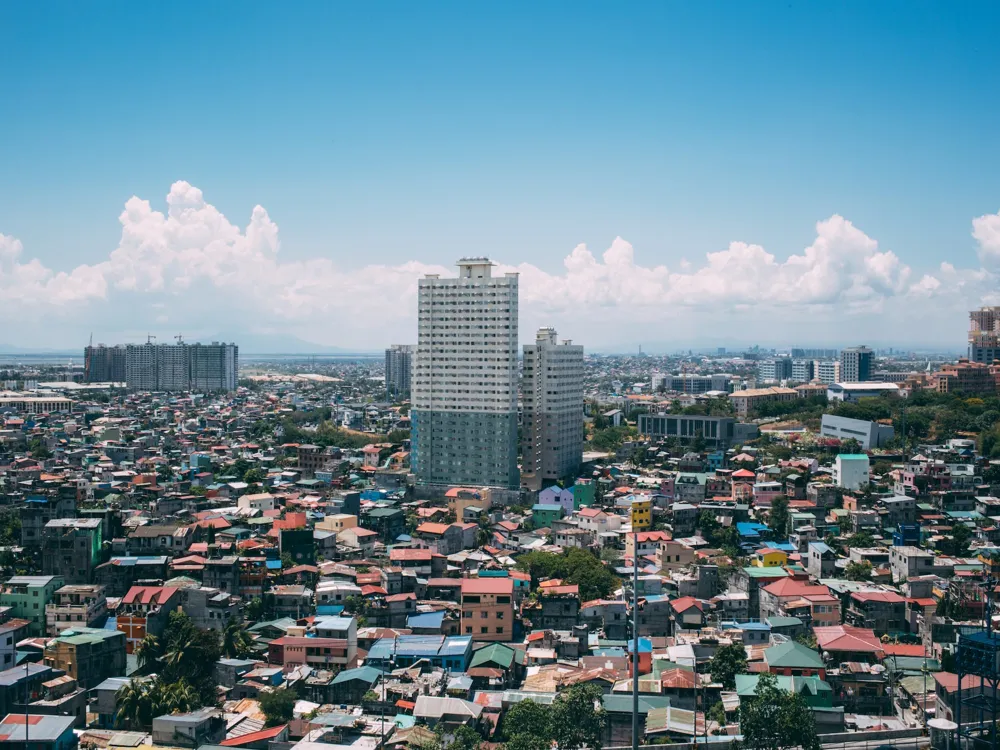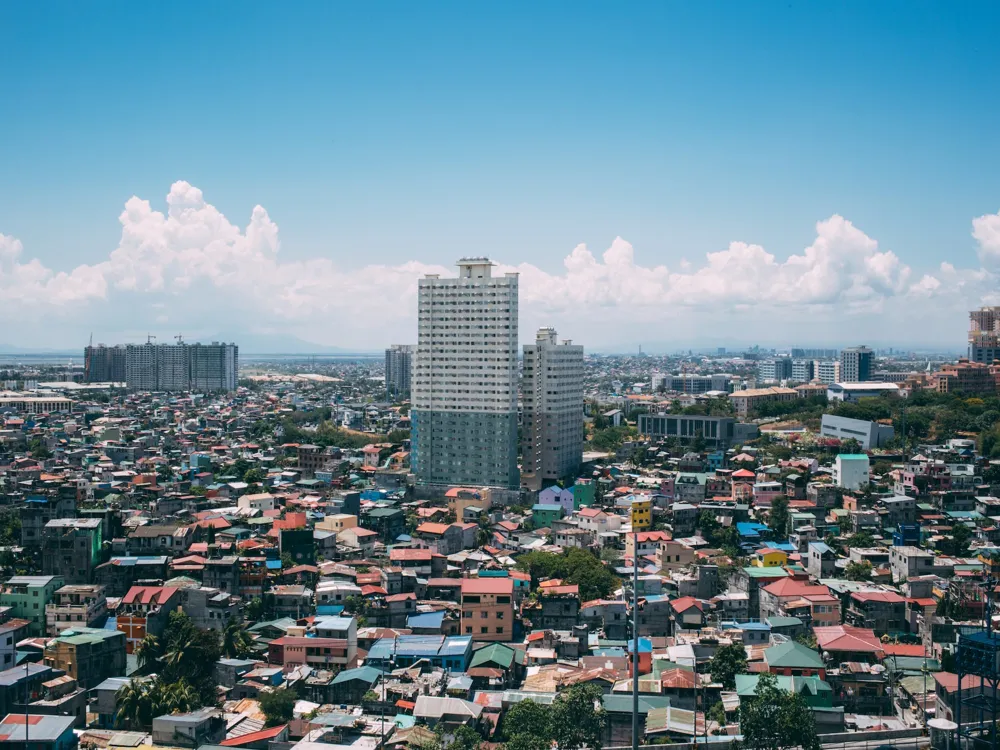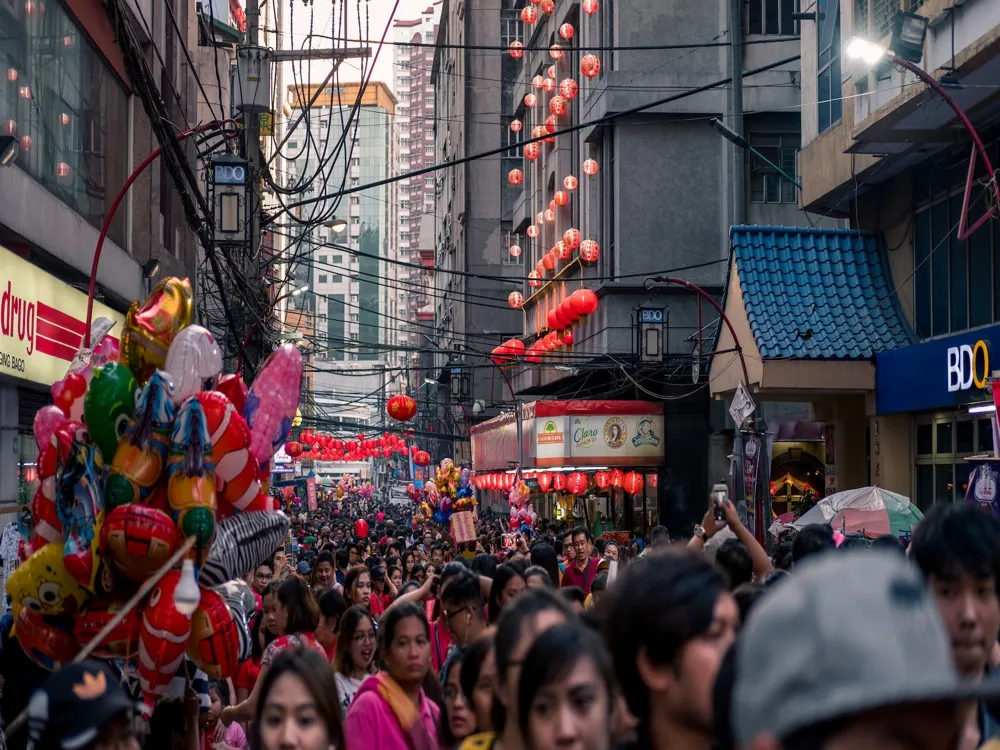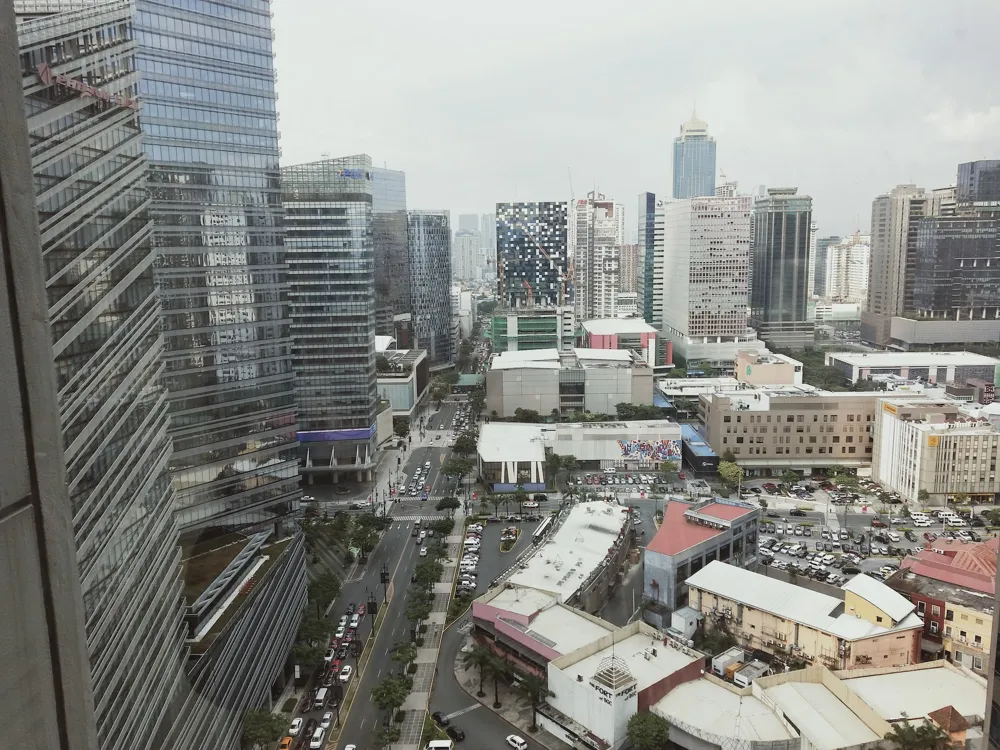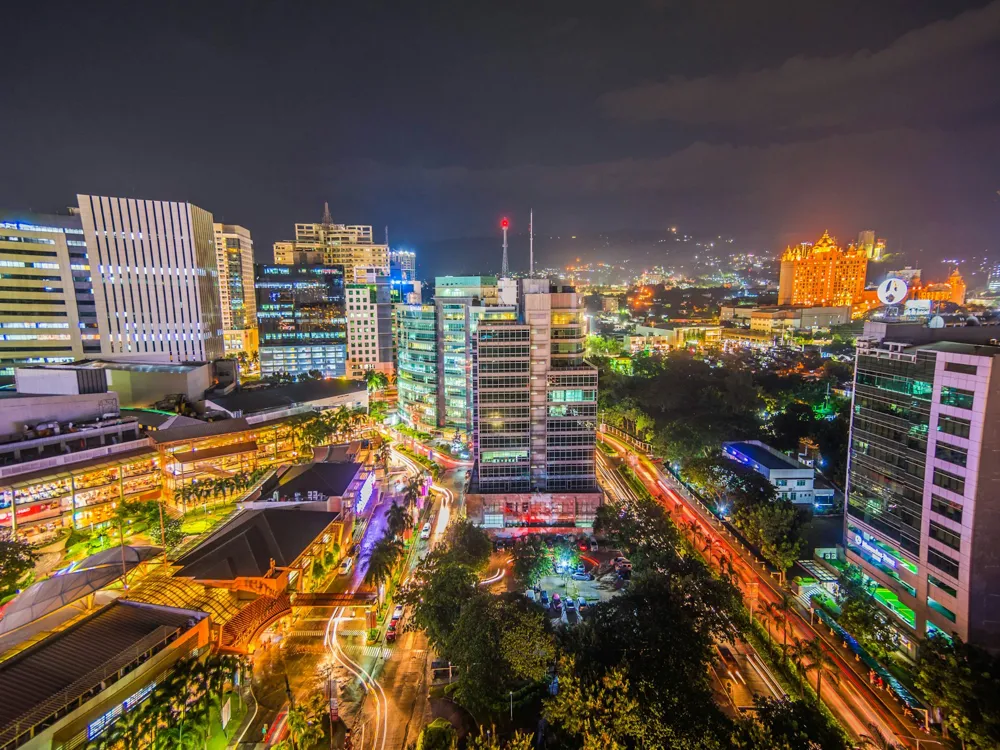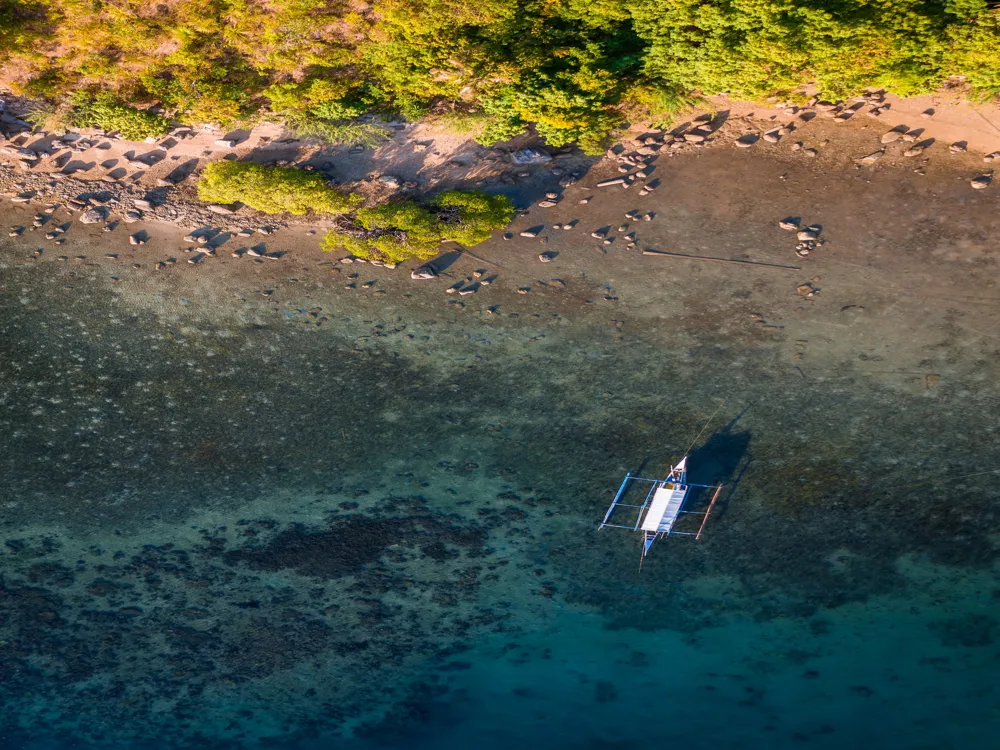Manila Zoo, located in the heart of Manila, Philippines, is a vibrant and bustling hub of biodiversity and conservation. Spread over 5.5 hectares, this urban oasis is a blend of education, conservation, and recreation, offering visitors a unique window into the world of wildlife. Established in 1959, it has since become a landmark for animal lovers and environmental enthusiasts. The zoo houses over 500 animals from more than 100 species, providing a sanctuary for both indigenous and exotic animals. Each exhibit is meticulously designed to mimic natural habitats, offering a glimpse into the lives of these creatures in the wild. The zoo's commitment to conservation is evident in its breeding programs and educational initiatives. Rare species like the Philippine eagle and the tamaraw are part of the zoo's efforts to preserve the country's unique fauna. Environmental education programs, guided tours, and interactive exhibits provide an engaging way for visitors to learn about wildlife and conservation efforts. These initiatives underscore the zoo's role in fostering a deeper understanding and appreciation of the natural world among its visitors. The Manila Zoo is more than just an animal sanctuary; it's a vibrant ecosystem where flora and fauna coexist. The botanical garden within the zoo's premises boasts a rich collection of tropical plants, trees, and flowers, providing a verdant backdrop to the animal exhibits. This blend of zoological and botanical elements makes the Manila Zoo a unique destination for nature enthusiasts. The architecture of Manila Zoo is a fascinating blend of functionality and aesthetic appeal, mirroring the Philippines' rich cultural heritage. The design philosophy behind the zoo's layout emphasizes harmony with nature, ensuring that each habitat provides the animals with a space that closely resembles their natural environment. The use of natural materials like stone, wood, and bamboo in the construction of enclosures and walkways adds to the zoo's rustic charm. The zoo's layout is a masterclass in landscape architecture, with winding pathways, lush greenery, and water features creating a tranquil environment. Each animal enclosure is designed to offer visitors clear views while ensuring the animals' comfort and safety. The aviary, with its large, netted dome, allows birds to fly freely in a controlled environment. The primate area, with its intricate network of ropes and platforms, provides an engaging habitat for monkeys and apes. A notable feature of Manila Zoo's architecture is its commitment to sustainability. Solar panels and rainwater harvesting systems are integrated into the design, reducing the zoo's carbon footprint. The incorporation of educational displays throughout the zoo enhances the visitor experience, offering insights into the architectural design and its role in animal conservation. To make the most of your visit to Manila Zoo, it's advisable to plan ahead. Check the zoo's opening hours and schedule any guided tours or special events in advance. Wear comfortable clothing and shoes suitable for walking, and don't forget to bring essentials like water, sunscreen, and a hat. Remember that the zoo is a sanctuary for the animals. Maintain a respectful distance, avoid loud noises, and follow all guidelines regarding interaction with the animals. Feeding the animals is strictly prohibited unless it is part of a supervised activity organized by the zoo. Photography is encouraged, but flash photography can be distressing to the animals. Always turn off the flash on your camera or phone. Respect the animals' space and do not attempt to capture selfies with them, as this can be disruptive and potentially dangerous. The Manila Zoo is dedicated to conservation and environmental responsibility. Visitors are encouraged to dispose of waste properly, recycle when possible, and avoid littering. Supporting the zoo's conservation initiatives by participating in educational programs or donating to conservation funds is also encouraged. Manila Zoo is conveniently located in Malate, Manila, and is easily accessible via various modes of transportation. If you're using public transport, buses and jeepneys that pass along M. Adriatico Street have stops near the zoo. For those preferring a more direct route, taxis and ride-sharing services are readily available throughout Manila. For visitors driving their own vehicles, the zoo provides ample parking space. The zoo's central location also makes it a convenient stop for tourists visiting other attractions in Manila. Read moreOverview of Manila Zoo
Architecture of Manila Zoo
Tips for Visiting Manila Zoo
Plan Your Visit
Respect the Animals
Photography Etiquette
Environmental Responsibility
How To Reach Manila Zoo
Manila Tourism
Best Time to Visit Manila
How to Reach Manila
Things To Do Manila
Manila Zoo
Manila
₹ 38,599 onwards
View manila Packages
Weather :
Tags : Zoo
Timings : 8:00 AM - 6:00 PM
Time Required : 1 - 2 hrs
Entry Fee : Non Residents Adult - PHP 100, Non Residents Child (above 4 ft.) - PHP 100, Non Residents Child (below 4 ft.) - PHP 60, Manila Residents Adult - PHP 50, Child (above 4 ft.) - PHP 50, Child (below 4 ft.) - PHP 30
Planning a Trip? Ask Your Question
Manila Travel Packages
View All Packages For Manila
Top Hotel Collections for Manila

Private Pool

Luxury Hotels

5-Star Hotels

Pet Friendly
Top Hotels Near Manila
Other Top Ranking Places In Manila
View All Places To Visit In manila
View manila Packages
Weather :
Tags : Zoo
Timings : 8:00 AM - 6:00 PM
Time Required : 1 - 2 hrs
Entry Fee : Non Residents Adult - PHP 100, Non Residents Child (above 4 ft.) - PHP 100, Non Residents Child (below 4 ft.) - PHP 60, Manila Residents Adult - PHP 50, Child (above 4 ft.) - PHP 50, Child (below 4 ft.) - PHP 30
Planning a Trip? Ask Your Question
Manila Travel Packages
View All Packages For Manila
Top Hotel Collections for Manila

Private Pool

Luxury Hotels

5-Star Hotels

Pet Friendly








